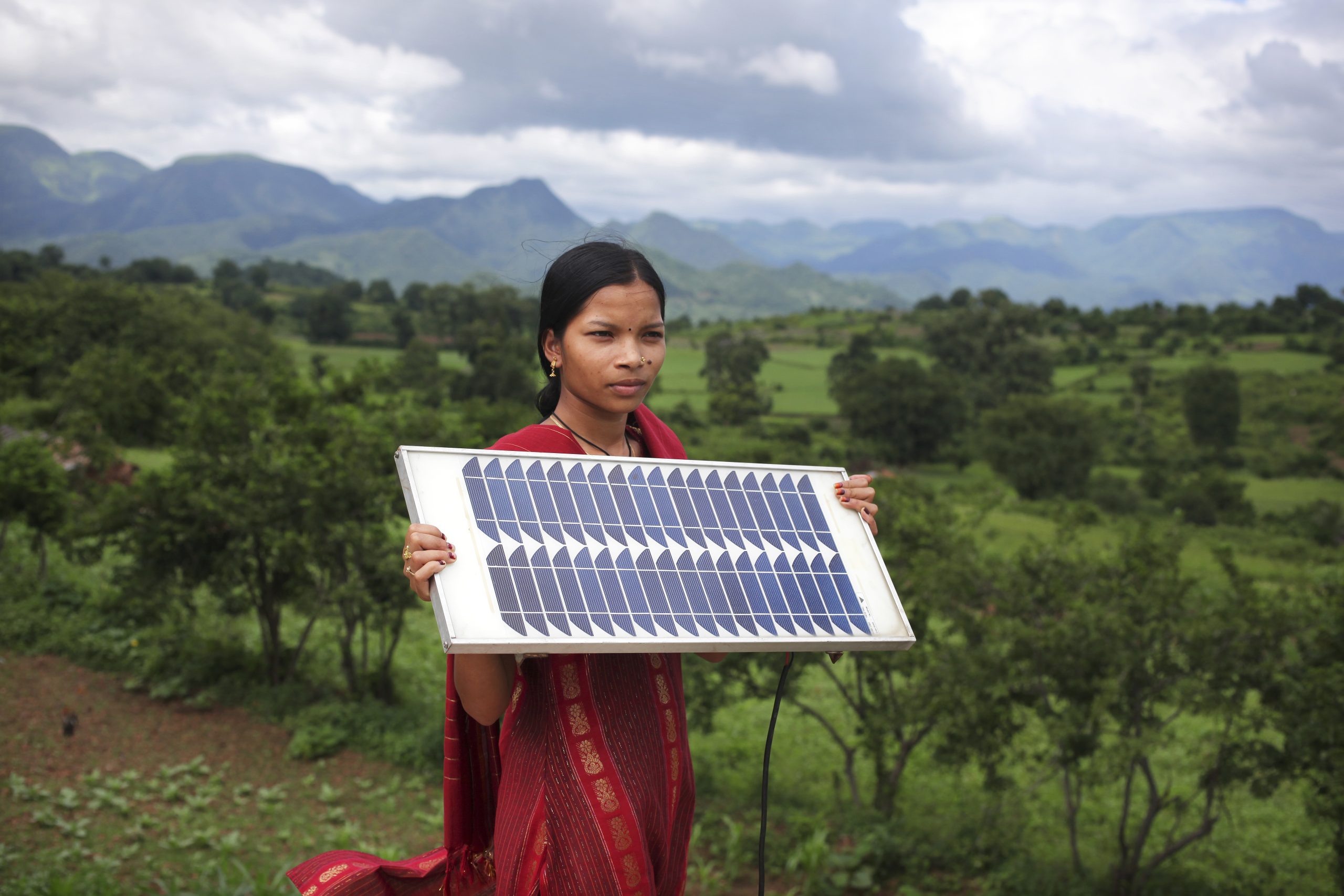Governments have an important role in building women’s economic empowerment into climate transitions. Within some governments, such as in Brazil, silos between gender and climate change are beginning to be broken down, driven by more women in leadership positions.
Social protection
Social protection is an effective response to climate shocks. Social protection safety nets can mitigate the negative effects of shocks. For example, climate shocks have been found to have damaging impacts on children’s foundational cognitive skills, which are a strong predictor of educational outcomes, but this can be mitigated via social protection. Evidence from the Ethiopia Productive Safety Net Programme has shown that women who benefit from the social protection programme are more resilient to droughts and floods, mitigating potential negative effects on food security and intimate partner violence.
Designing social protection to be more “shock-responsive” is critical. Disadvantaged households in disaster prone areas need to be targeted. Linking social protection to climate risk monitoring and early warning systems could ensure vulnerable households are supported before extreme climate events happen.
Gender responsive social protection, which considers women’s vulnerabilities during shocks and ensures accessibility for women, needs to be scaled up. Gender-responsive social protection can deliver wide-ranging benefits beyond the immediate alleviation of financial stress and food insecurity. Benefits can include enhanced health and nutrition, improved skills and supporting girls to stay in school, and reduced incidences of early marriage and intimate partner violence – all increasing women’s ability to access decent jobs in the formal labour market. Safety nets should be prioritised for adolescent girls and young women, particularly pregnant teenagers and young mothers, as this can safeguard both their own health and wellbeing, as well as their children’s long-term development.
Taxes
Governments in Low- and Middle-Income Countries need more fiscal space to support women’s economic empowerment and green growth. Effective responses, such as gender-responsive social protection, require a strong tax base and gender sensitive prioritisation of public funds, which is often lacking. Existing debt repayment schedules to DFIs, governments and private donors are sometimes a barrier. A lack of voice from Low- and Middle-Income Countries in global tax negotiations and the inadequacies of debt-rescheduling mechanisms, especially amongst lenders who are not signed up to the Paris Agreement must be addressed.
Radical changes are needed to tax regimes. Taxes can incentivise enhanced environmental behaviour within consumption and production. To align with a just transition, taxes need to be progressive, increasing the tax burden on the wealthiest rather than the poorest, and the greatest carbon emitters.
Legal reform
Legal reform for women’s land titling can drive both better climate outcomes and gender equality. Globally, 21 economies do not grant women equal administrative power over and ownership rights to immovable property, including land. This makes them more vulnerable to economic and climate shocks. Women’s lack of land ownership is critical in explaining why women adopt fewer climate-smart agricultural practices than men. Land titles are often required for benefit sharing mechanisms with communities from the proceeds of carbon credit sales, as well as broader payments for ecosystem services schemes, excluding women from benefiting equitably. There is emerging evidence of cost-effective interventions to increase women’s land titling whilst reducing deforestation.
